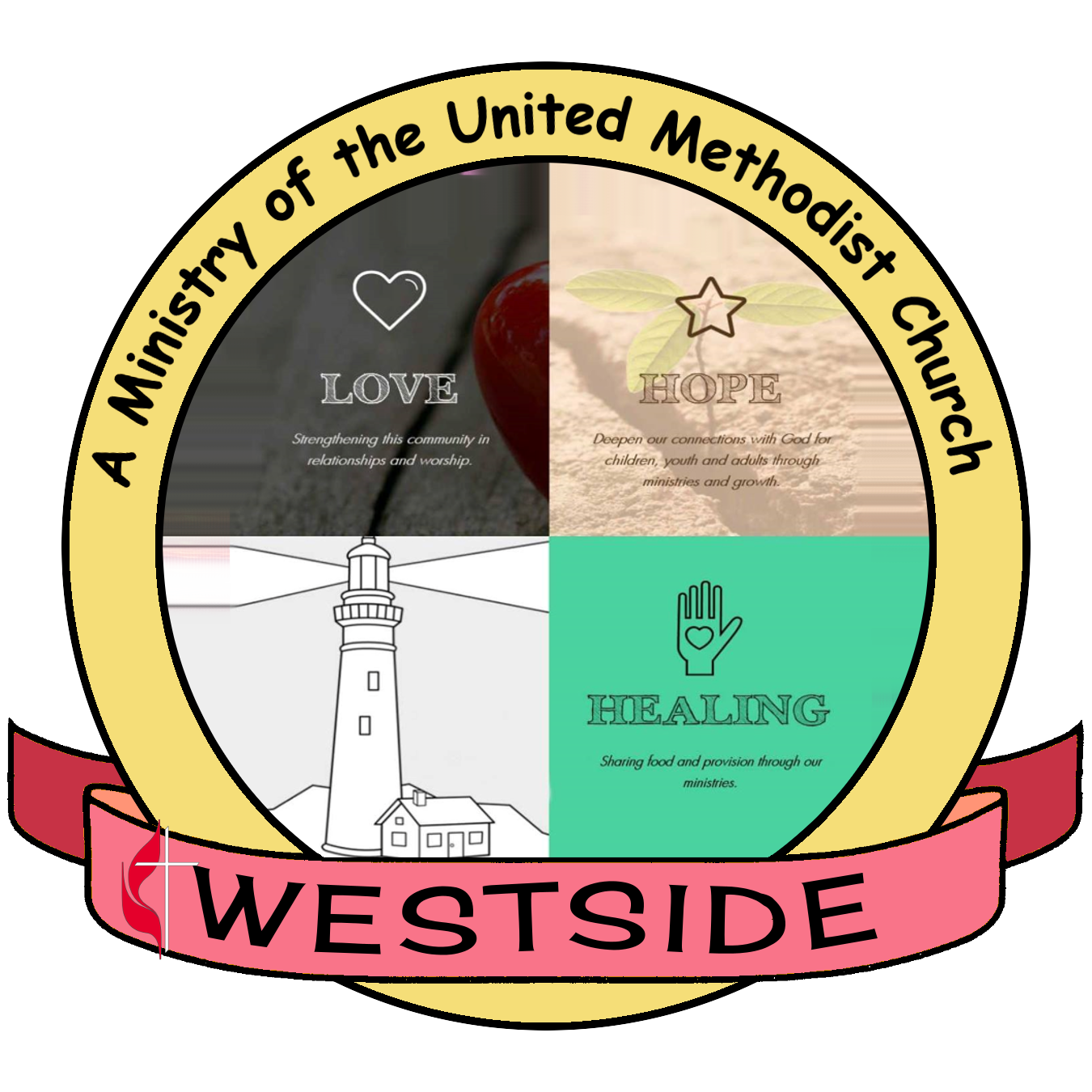Scripture: Proverbs 3: 1-26; Jeremiah 31:31-34; Mark 4: 1-34
While many people would give varying answers to the question, “Who was Jesus?” -- the fact is that no one would dispute the truth that he was an incredible, challenging, truth-telling teacher. McLaren in this chapter begins with a list of how diversely Jesus taught.
First, he taught through signs and wonders. Healing blindness, curing mutes and lepers, calming storms Jesus demonstrated his authority, to the degree the disciples once turned to one another asking, “Who is this man? Even the winds and waves obey Him!”
Second, he taught in public lectures both outdoors and in synagogue and home settings, utilizing all the natural environment had to offer for his illustrations.
Third, he taught at “surprising, unplanned, impromptu moments” (102). You had to pay attention for any moment could become a teaching moment.
Fourth, he taught his disciples privately in what McLaren calls “retreats and field trips.”
Fifth, he taught in public demonstrations-- flipping the tables in the temple, the triumphal entry into Jerusalem, the boy’s lunch used to feed a multitude --and in each lessons lasted because of “how” Jesus taught.
Sixth, he taught in what were finely crafted works of short fiction called parables.
Throughout all of this teaching, McLaren notes rightly that one subject returns again and again as the main theme of Jesus’ teaching: the Kingdom of God. Not as a top-down type, power-over system like the Roman Warmachine, no, this Kingdom was something far more intrinsic and universal. It was not and is not something for the future, but something that was and is near, at hand, even among and within the lives of his listeners, then, as within and among ours as well.
McLaren speaks about the contrast of this kingdom to the Power of Rome and the climaxing way in which Jesus demonstrated on the cross “the revolutionary truth that God’s kingdom wins, not through shedding the blood of its enemies, but through gracious self-giving on behalf of its enemies. He taught that God’s kingdom grows through apparent weakness rather than conquest. It expands through reconciliation rather than humiliation and intimidation. It triumphs through a willingness to suffer rather than a readiness to inflict suffering” (p 103-4).
McLaren wrestles with what phrase might best capture the phrase Kingdom of God for our times, since we don’t live in kingdoms much now. I still like that phrase best. He does point out that in John’s gospel, John replaces this phrase with his oft-used word “life.” For John a life lived to the full resonated with this kingdom of God. Is it any wonder by God challenged us all to seek first this Kingdom and His righteousness in this life. Seek this first, seek His life, this Kingdom Life, for it surpasses anything else we could seek.
McLaren invites us to share a story about one of the most important teachers in your life and what made him or her so significant.
For me, one of the most important was Mrs Atherton. She was my US History teacher as a Junior in High School, and was the first person who made history come alive for me. She told the stories of history with such a freedom and joy, and intentionality, that my own heart was caught in the narrative of history. She was tough, insistent that we were in class, on time, and fully tuned in, but with the clarity of her demands she taught in such a way that we all wanted to be there. In her class I learned to appreciate the US constitution, our government, our unique history, the wisdom behind the amendments and the checks and balances meant to be in our system of government. But more than those data points, it was the stories she told us of the real men and women who had lived and died years before us that remained with me. Alongside of those stories were interwoven the stories of her own life, some of which I can still recount for they stuck.
History best told is story and stories capture the mind and imagination of a people. This has recently been demonstrated by the production of Hamilton the story of Alexander Hamilton done as a Broadway Musical, for which people are willing to pay a house mortgage to go experience. It is a story told well, and has captured a following.
Who was a significant teacher for you?
Jesus’ arrival in this world brought forth the kingdom in a way prophesied by the Prophet Daniel. This kingdom was that rock “cut out but not by human hands” (Daniel 2:44-45) against which no earthly kingdom could stand. Jesus brought God’s kingdom crashing into this world, a kingdom ruled by love, and expressed through forgiveness. And there is nothing more powerful. Lord, let your kingdom truly come. Amen, Come Lord Jesus.

